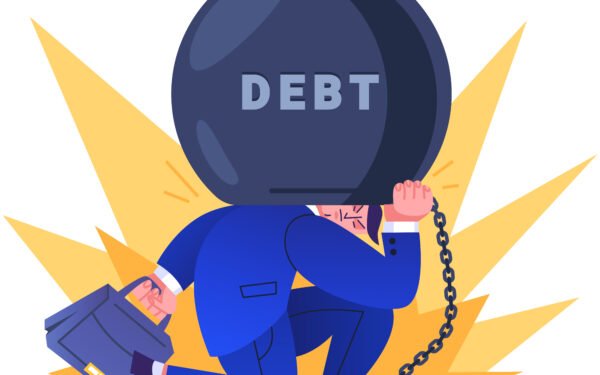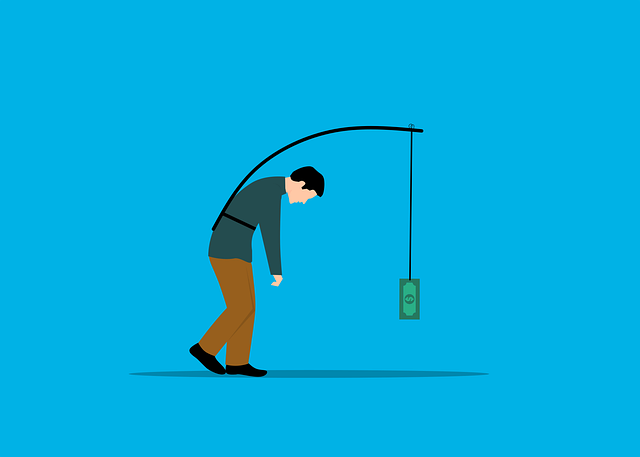The state of the American credit card industry in 2015 – Is there a respite for the country?
As per the Federal Reserve and other statistics from the government, Americans are being seen to dig deeper into the credit card debt. The average household in the US currently owes $7287 only in credit card debt. But the trick is that the average debt includes even those people who carry no debt. So, if you exclude the families and households which don’t carry any outstanding balance on their credit cards, the average balance increased to $15,610. During the initial part of 2015, the total consumer debt in the US has surged to $3.35 trillion. This figure includes credit card debt, car loans, student loan debt and personal loans but this figure doesn’t include mortgage debt. This adds another $8 trillion to the total pile of debt.
What does the surging debt mean for the US economy?
Household indebtedness and credit card debt are not necessarily something bad for the consumers and for the economy. With new mortgages, there will be new homeowners and this will drive the entire retail industry and the construction of new homes. The underlying consumer habits which leads to credit card debt actually also leads to expansion and economic growth. In a nutshell, the more is the amount of money that people spend, the faster our economy will grow and more will be the number of jobs that will be created.
When wages keep rising, it is a sign of a healthy economy and that is undoubtedly a good thing. However, the issue is that continuous indebtedness can’t be sustained as this may be the primary symptom of consumers living beyond their means and they’re trying to maintain with the soaring prices while their salaries remain stagnant. During the time of Great Recession, the number of Americans carrying credit card debt plummeted dramatically as they all reined in their expenses and were literally forced to stop spending.
Alarming rise of credit card debt among students of Gen Y
With the simultaneous rise in the student loan debt and the amount reaching to an alarming rate, there is also a sudden rise in credit card debt among the young generation. The experts are showing concern about the condition of the students who are saddled with high interest debt and are not being able to get out of the shackles of debt. Fairness and transparency of credit card lending was introduced in 2009 through the Credit CARD Act and this made it typically tough for the students to get into credit card debt. Statistics and researches by the CFPB show that ignorance and lack of knowledge is the main reason for the increasing credit card debt among the students.
Golden rules of eliminating debt – Your way of living debt free
Being buried in high interest debt isn’t a fun thing. If you’ve gone through many financial blogs, you would be sure to come across certain advice on tackling your debts. As we are about to step into 2016, here are some golden rules of getting out of debt.
1) Don’t use your cards if you can’t afford to pay back: When you don’t have the ability to spend, don’t spend. Don’t think that you can pay it off later as that will never happen. You will keep on spending your monthly income in all the other necessities of your daily life and at the end of the month you won’t have money to spare for your high interest debt. So, if you don’t think you can afford something now with cash, don’t make the mistake of buying it with credit.
2) Set weekly and monthly goals: Although it is true that you need to set monthly goals, you can even break it down to smaller goals initially. If you can set weekly goals for yourself, you can see some immediate results which can keep you motivated. The main problem that people face with their monthly goals is that they start overspending by the third week. By the time the 4th week comes in, they’re already out of budget.
3) A monthly budget is not enough: In the beginning of the month, you will tell yourself that you will spend $350 on food. That will definitely sound as a great start but did you think how you can accomplish them? Most people set a budget of the amount of money that they’re going to spend each month but they don’t decide the road through which they can reach that goal. This is something that you should do. Create a map and put down your plan into action.
4) Give yourself rewards for every goal you achieve: Irrespective of whether you’ve achieved a short term or a long term goal, it is important to reward yourself as you deserve a pat on your back for what you have achieved. If you punish yourself too often, this might demoralize you and you might gradually lose focus. Instead, reward yourself with good behavior by treating yourself for a night out or a dinner. However, don’t splurge!
5) Seek help: Last but not the least, people should forget about their pride and seek help of the professionals. There are credit counseling companies where the credit counselor will help you with a budget and with money management skills that can assist you in getting out of debt. They can also sign you up with a debt management program that can reduce the monthly installments that they have to pay towards the creditors. Apart from these, you can even seek help of a debt consolidation program or a debt settlement company.
So, if you don’t want to follow the herd of people who are saddled with high interest debt, you should follow the golden rules of eliminating debt. Don’t use your credit cards whenever you like as this will push your further into debt. When you think you can’t get out of debt on your own, you should seek help of a professional.




I've never understood why people get into credit card debt. Too many people look as credit cards as extensions of their buying power on silly items. I've always viewed credit cards as a 30 day reprieve of payment or as a inconvenience tool to buy things online.